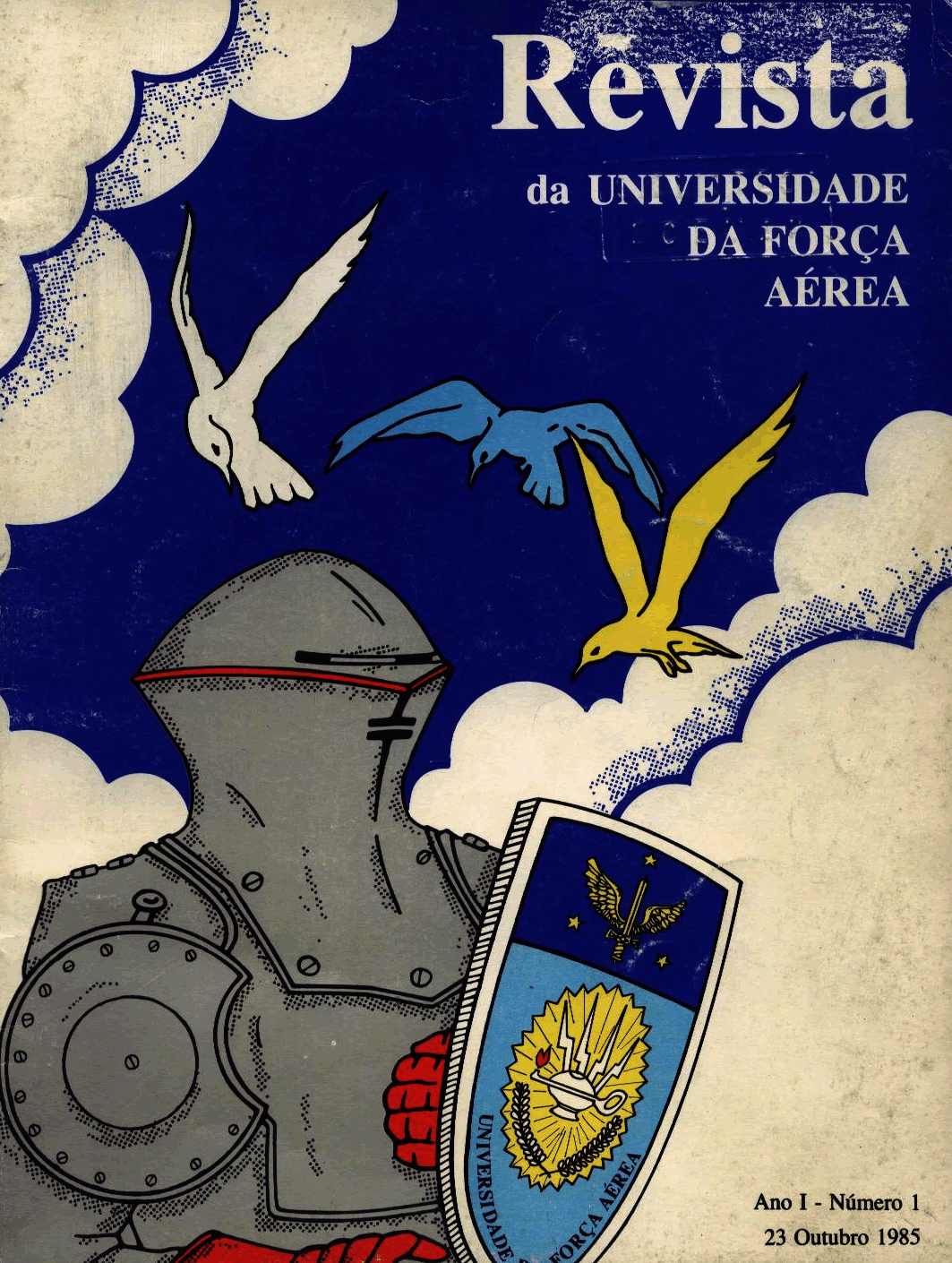Vision in flight
Concept review
DOI:
https://doi.org/10.22480/revunifa.1985.1.561Keywords:
In-flight performance evaluation, monocular piloting, One-eyed pilots, Driving performanceAbstract
Aviation doctors have constantly verified that most of the literature on Monocular Piloting is based either on theoretical arguments or on laboratory experiments. We seek in this article, to make a review of what the best authors think about the subject. We believe that we can generalize a line of conduct concerning the exercise of piloting by individuals with vision in one eye in our country: they should not be allowed to initiate learning to pilot; For aviators, already in exercise of air activity, each case must be evaluated individually, being decisive the observation of its real performance in landings and takeoffs. (Abstract prepared by the Editorship of the UNIFA Magazine)
References
MAYER, H. B. e LANE, J. C. Monocular pilots - A followup study. Aeroespace Medicine, Sept. 1973.
KYRIELEIS, W. One-eyed persons as pilots. German Air Force, Health and Hygiene Dept., 1942.
JONGLOEB, J. Landing carried out by experienced aviators with the use of one-eye only. Acta Brevia Neerland, 1935.
LEWIS, C. E. e KRIER, G. E. Flight research program: Landing performance in jet aircraft after the loss of binocular vision. Aerospace Medicine, (40): 957, 1969.
LEWIS, C. E. et alii. Landing performance by low-time private pilots after the sudden loes of binocular vision - Cyclops II. Aerospace Medicine, Nov 1973.
DHENIN, G. e SHARP, G. R. Aviation medicine. London, Tri-Med Books, 1978.
RAYMAN, R. B. Clinical aviation medicine. New York, Vantage Press New York, 1982.
CENTRO DE INSTRUÇÃO ESPECIALIZADA DA AERONÁUTICA. Você em vôo; como ver bem. Rio de Janeiro, Companhia Brasileira de Artes Gráficas, 1979. Apostilha.
Downloads
Published
Issue
Section
License
Copyright (c) 1985 Roberto C. da Motta Teixeira

This work is licensed under a Creative Commons Attribution-NonCommercial 4.0 International License.
Revista da UNIFA permite que o (s) autor (es) mantenha(m) seus direitos autorais sem restrições. Atribuição-NãoComercial 4.0 Internacional (CC BY-NC 4.0) - Revista da UNIFA é regida pela licença CC-BY-NC









